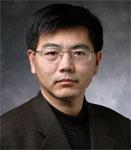Program Information
Research Funding
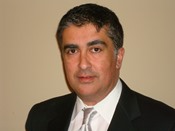
K Farahani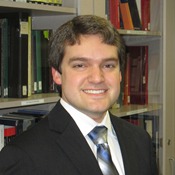
C Peeler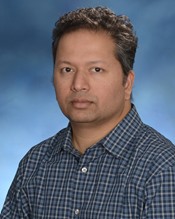
A Sawant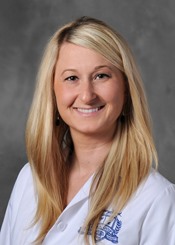
C Glide-Hurst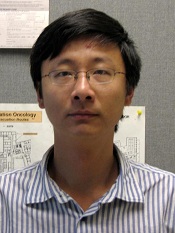
R Li
L Xing
A Sawant
C Glide-Hurst
K Farahani1*, C Peeler2*, A Sawant3*, C Glide-Hurst4*, R Li5*, L Xing6*, (1) National Cancer Institute, Bethesda, MD, (2) UT MD Anderson Cancer Center, Houston, TX, (3) University of Maryland School of Medicine, Baltimore, MD, (4) Henry Ford Health System, Farmington Hills, MI, (5) Stanford University, Palo Alto, CA, (6) Stanford University School of Medicine, Stanford, CA
Presentations
10:15 AM : NCI funding opportunities for medical physicists in research and career development - K Farahani, Presenting Author10:35 AM : An Introduction to NIH Research Career Development Awards - C Peeler, Presenting Author
10:55 AM : Seeking independent research award: Submission and resubmission - A Sawant, Presenting Author
11:15 AM : The funding landscape for women in AAPM: Trends and outlook - C Glide-Hurst, Presenting Author
11:35 AM : Panelist - R Li, Presenting Author
Panelist - L Xing, Presenting Author
Panelist - A Sawant, Presenting Author
Panelist - C Glide-Hurst, Presenting Author
WE-DE-FS4-0 (Wednesday, August 2, 2017) 10:15 AM - 12:15 PM Room: Four Seasons 4
The 2017 annual Research Funding Symposium, organized by the Work Group on Research Funding (WGRF) will include presentations on three topical areas supporting successful pursuit of scientific grants relevant to the filed of medical physics.
1) NIH Career Development Award - Keys to Successful NIH Career Development Award Applications – National Institutes of Health (NIH) Career Development Awards (K Awards) provide an excellent opportunity to jump-start a career in scientific research. There are a number of different types of K Awards each intended for specific applicant groups and to fulfill particular purposes. The goal of this presentation is to identify and discuss the different types of K Awards and their eligibility and application requirements. Basic tips for constructing a successful application will be discussed.
2) Strategizing for submission of original and revised grant proposals to the NIH – Submission of a research grant proposal to the NIH requires planning far in advance of the application receipt date and careful planning for preparation of various components required in a proposal, including budget, specific aims, and research strategy. In this presentation a medical physicist, and NIH grantee, will outline strategies that help enhance the quality of original and revised proposals.
3) The funding landscape for Women in AAPM: Trends and Outlook - This presentation will review the past three decades of federal funding for female AAPM members to highlight overall trends in the number of successful grants. Data will be reviewed in the context of overall AAPM membership demographics and the current funding climate. Potential barriers and opportunities to increase grant funding will be explored.
Learning Objectives:
1. Understanding of the NIH Career Development (K) award and roles of the mentor and the mentee (Principal Investigator).
2. Understanding better strategies for planning submission of NIH research proposals to increase chances of success.
3. Learning about the barriers and opportunities in increasing research funding support for female medical physicists.
Handouts
- 127-35305-418554-126273.pdf (K Farahani)
- 127-35306-418554-127435-313831777.pdf (C Peeler)
- 127-35307-418554-126918.pdf (A Sawant)
- 127-35308-418554-126336.pdf (C Glide-Hurst)
Contact Email:
